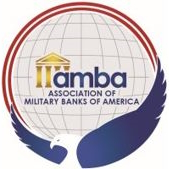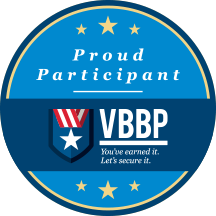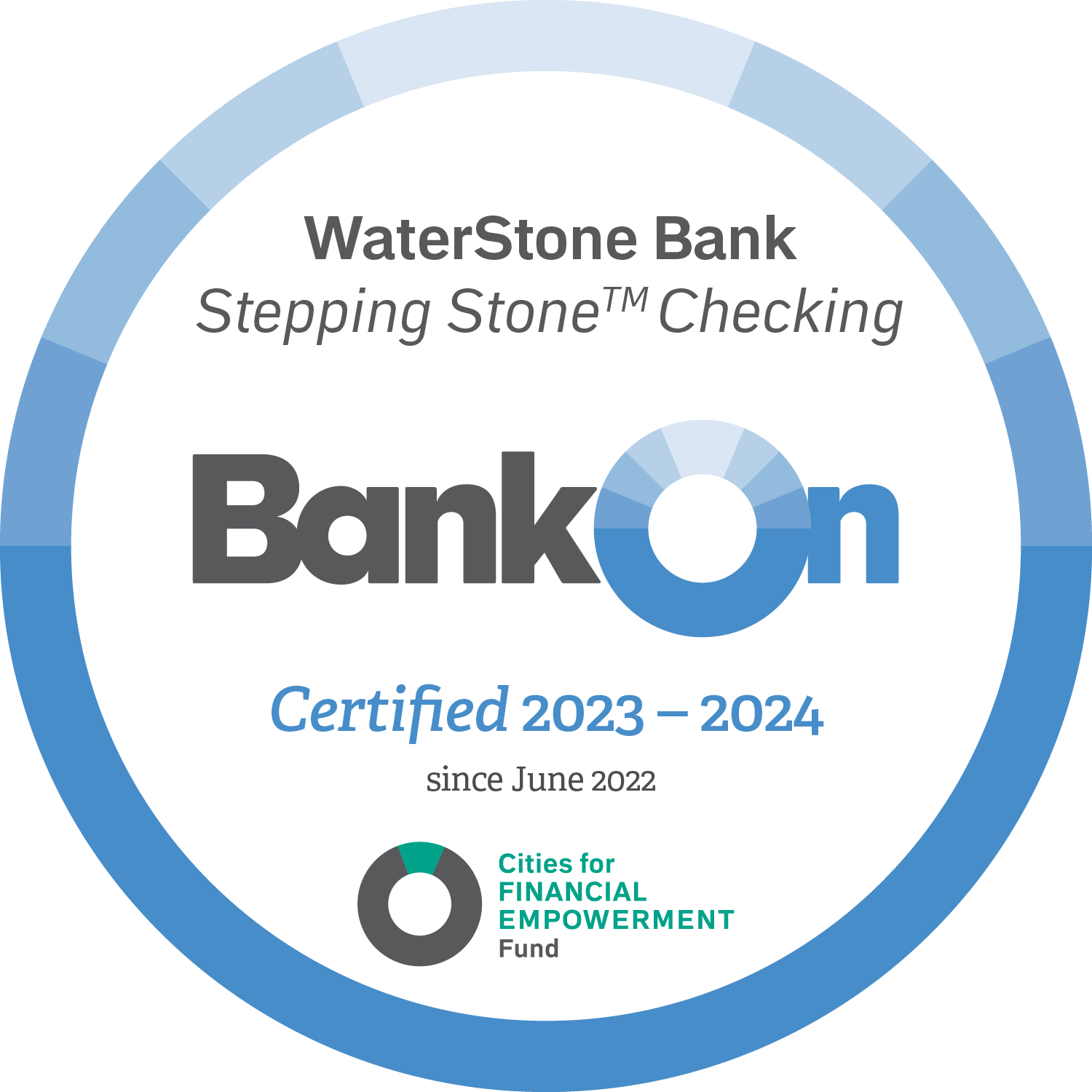Online Shopping Scam
You are selling something on e-bay, craigslist, or Facebook marketplace and are contacted by a buyer that is interested in purchasing your item. The buyer tells you he will send you a check or money order to complete the purchase. You receive the check via mail, but find the check is for more than the selling price. You call the buyer to inform him of his mistake. The buyer asks you to deposit the check and wire him the difference minus a little bonus for your trouble. You deposit the check and send the difference back to the buyer only to discover that the check deposited is counterfeit. You are now responsible for covering the amount withdrawn.
Facebook marketplace is a relatively new online buy and sell platform that also introduces the risk of using person-to-person payment apps or services. You list an item on Facebook marketplace and are contacted quickly by a buyer who is willing to pay using an app such as Zelle, Venmo, or CashApp. Shortly after receiving payment, you get an email from a spoofed address stating that you will need more funds to accept the transfer of the payment. The buyer will then give you the funds and then pressure you into repaying them for the fees they incur on your behalf. No real funds were sent over by the scammer, so if you refund them, you will lose any money sent to them.
Preventative Measures:
- Prior to depositing the check or sending any money, speak to your bank about how and why you received the check.
- Until the check has been cleared by your bank, never use the money.
- Do not trust anyone offering to overpay for an item.
- Never wire money back for an overpayment of an item you are selling.
- Report suspicious sellers or buyers to the shopping platform immediately.

 (888) 686-7272
(888) 686-7272


